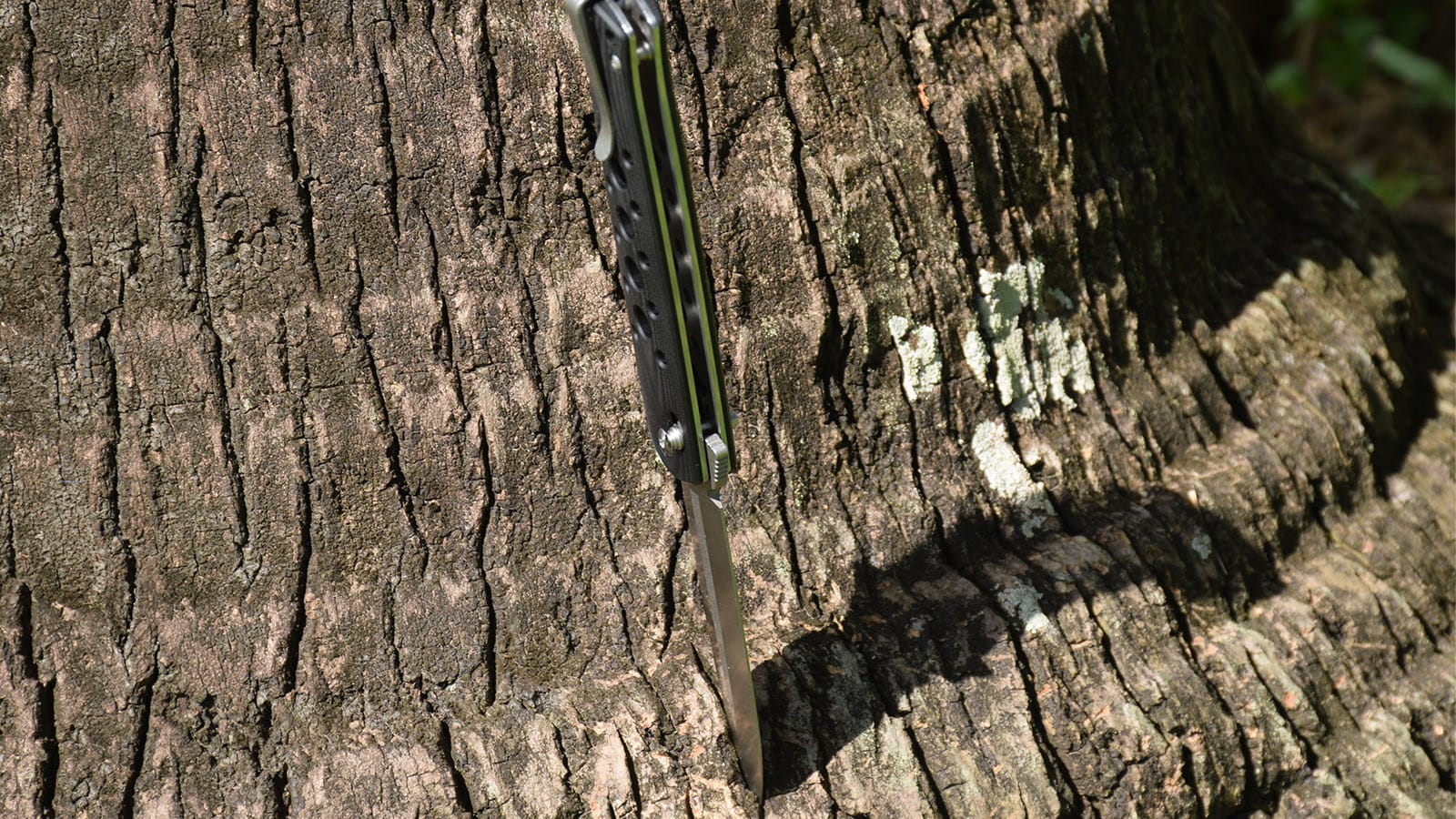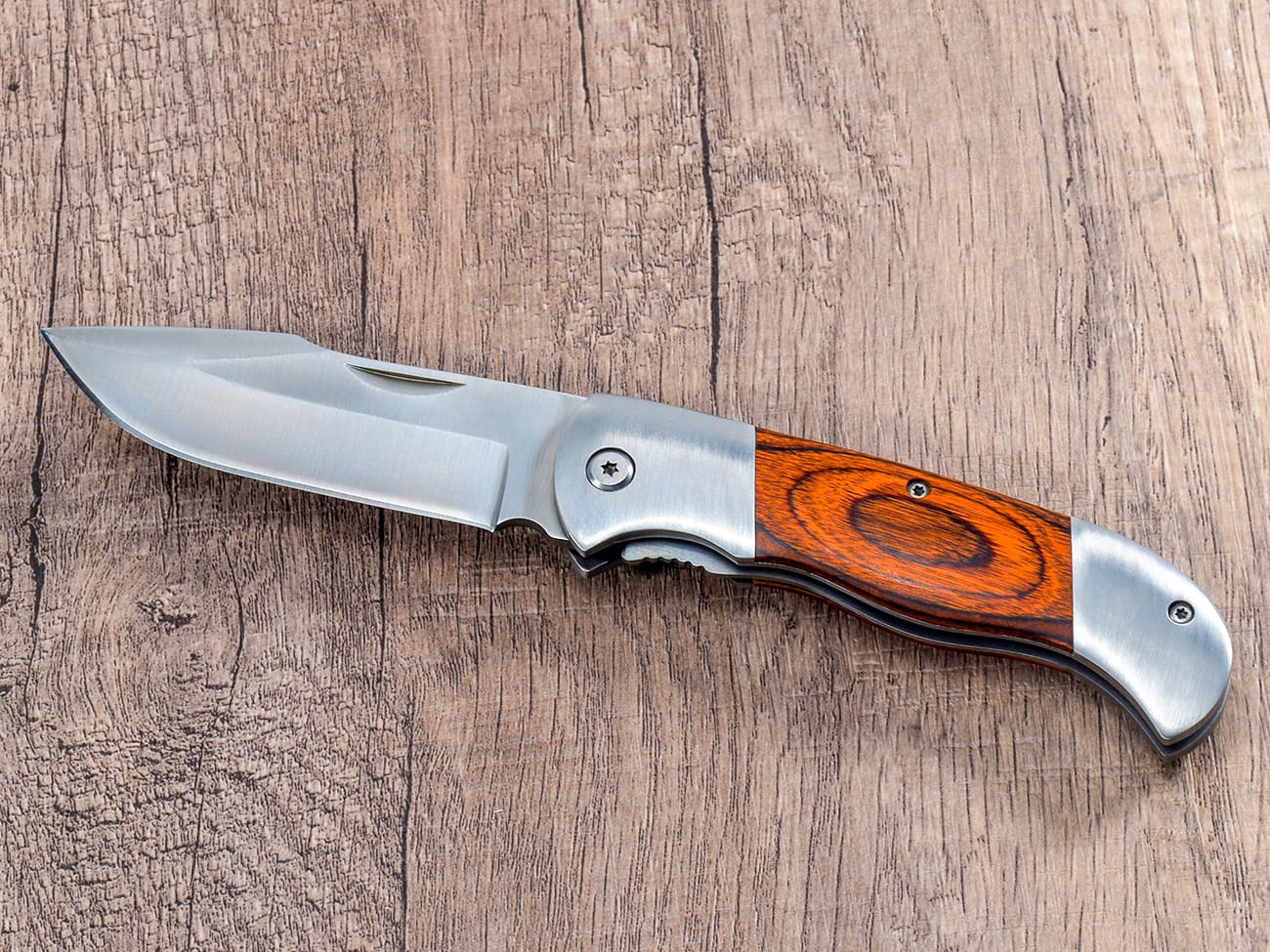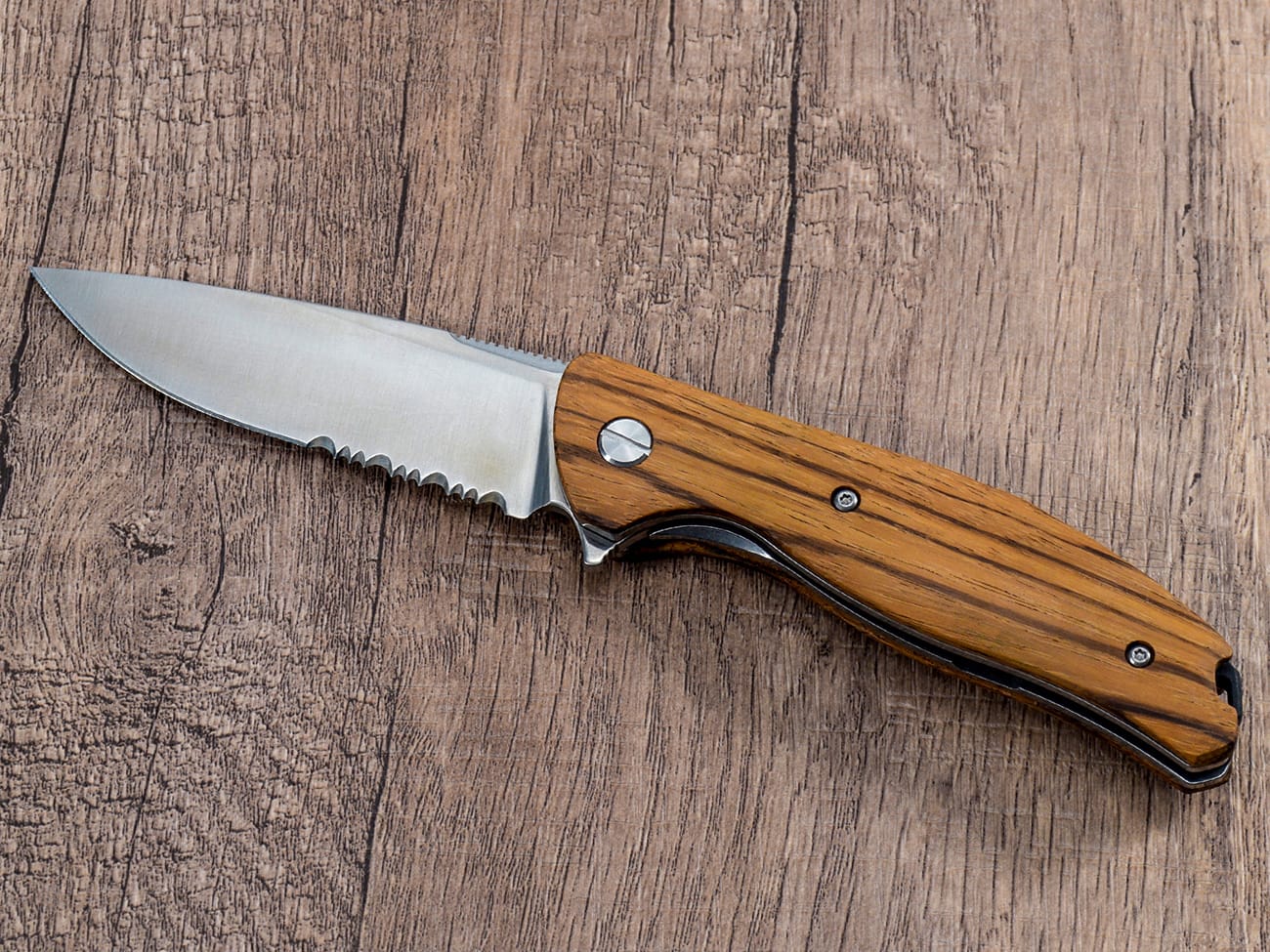The trapper knife is one of the most iconic and beloved traditional pocket knife patterns in American cutlery history. This comprehensive guide explores everything you need to know about this classic two-blade design that has been a favorite among outdoorsmen, collectors, and everyday carriers for over a century. Whether you’re new to pocket knives or a seasoned enthusiast, you’ll discover why the trapper pattern remains one of the most practical and popular knife designs.
What Is a Trapper Knife Pattern?
A trapper knife is a traditional slip joint pocket knife featuring two blades of equal length – typically a clip point main blade and a spey blade as the secondary blade. The trapper pattern emerged in the early 1920’s as a practical tool for fur trappers who needed different blade shapes for various tasks. Today, the trapper is one of the most collected traditional pocket knives.
Why Choose a Trapper Pocket Knife?
The trapper pocket knife offers several key advantages:
- Versatile two-blade design for multiple cutting tasks
- Compact size that’s easy to carry
- Traditional styling with modern materials
- Proven slip joint mechanism
- Wide variety of handle materials available

The Anatomy of a Trapper Knife
The classic trapper design includes:
- A clip point main blade for general cutting
- A spey blade for skinning and utility work
- Nickel silver bolsters
- Traditional handle materials like bone, wood, or synthetic materials
- Slip joint mechanism without a locking system
- Length typically around 4.125 inches when closed
How Does the Trapper Compare to Other Knife Patterns?
The folding knife trapper pattern differs from other traditional patterns like the pocket knife stockman or muskrat in several ways:
- Two full-length blades instead of three shorter ones
- Larger overall size than many patterns
- Emphasis on practical cutting tasks
- Classic American styling
Popular Handle Materials for Trapper Knives
Common handle materials include:
- Stag bone
- Desert ironwood
- Celluloid
- Modern synthetic materials
- Traditional jigged bone
- Various wood species
The Evolution of Trapper Knife Design
The EDC knife trapper pattern has evolved while maintaining its core design:
- Introduction of stainless steel blades
- Modern handle material options
- Improved fit and finish
- Better blade steel options
- Enhanced manufacturing techniques
How to Choose the Right Trapper Knife
Consider these factors when selecting a trapper:
- Blade material (carbon steel vs stainless)
- Handle material durability
- Overall size preferences
- Brand reputation
- Intended use
- Price point
Maintaining Your Trapper Knife
Proper care ensures longevity:
- Regular cleaning
- Proper lubrication
- Careful storage
- Periodic sharpening
- Handle material maintenance
Famous Trapper Knife Makers
Several manufacturers are known for quality trappers:
- Case Knives
- Boker
- Schrade
- Old Timer
- Rough Ryder
- W.R. Case & Sons
Modern Uses for the Trapper Pattern
Today’s users find multiple applications:
- EDC tasks
- Light utility work
- Food preparation
- Outdoor activities
- Collection pieces
- Traditional crafts
• Key Points to Remember:
- Trapper knives feature two full-length blades
- The slip joint mechanism is traditional and reliable
- Various handle materials offer different benefits
- Regular maintenance ensures long service life
- Quality varies significantly between manufacturers
- Traditional design meets modern materials
This comprehensive guide should help you understand and appreciate the classic trapper pocket knife pattern. Whether you’re looking to start collecting or just want a reliable everyday carry knife, the trapper remains one of the most versatile and respected designs in the pocket knife world.




